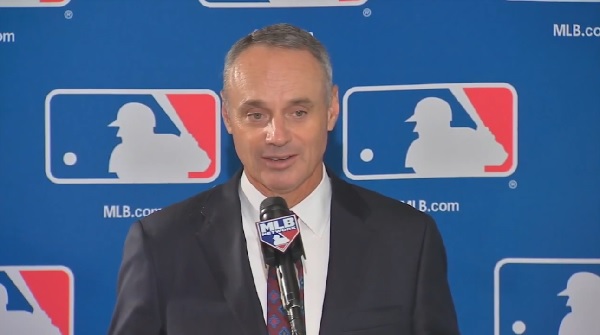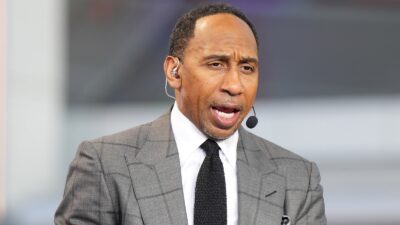
Major League Baseball is preparing to embark on a season unlike any other. The game is going to look different, and there may not be fans in the stands for many, if not all teams. The biggest change is probably the most fundamental one: all 30 teams will play just 60 regular season games, a 102-game reduction from the normal schedule.
This change alone brings with it a lot of questions. Will teams really be able to hit their stride in such a short period of time? Will one major injury completely doom a team’s playoff hopes? Most importantly, can a team that wins the World Series under these circumstances possibly be considered a legitimate champion?
The answer is complicated. MLB has never played this short a season before. MLB played a shortened season in 1981 due to a midseason players’ strike, but teams still played roughly 60 percent of their scheduled games. The 1995 season started late due to the work stoppage that canceled the 1994 World Series, but teams still managed a 144-game schedule. We won’t come close to that in 2020.
The first question is how legitimate the playoff field will be. For instance, the Washington Nationals went 27-33 in their first 60 games of 2019. That would not have been good enough for a playoff spot, but as we know, they turned it around, made the postseason, and won the World Series. The Chicago Cubs and Philadelphia Phillies were two teams who had good enough records to lead their divisions after 60 games, but neither team ultimately made the postseason. On the other hand, teams like the Yankees, Dodgers, Astros, and Twins were all atop their respective divisions, and all four of those teams went on to win them.
In short, it’s a mixed bag.
One major issue will be the difficulty for teams to separate from other divisional rivals in so few games. This will be helped somewhat by a schedule that will be very heavy on divisional games. That won’t fix everything, though; the season simply isn’t long enough to guarantee that the best teams will make the playoffs.
That already works against the season. There’s another wrinkle, too: some players who would play under normal circumstances won’t be suiting up in 2020. Others, including arguably the sport’s best player, haven’t committed to playing. It’s very difficult to say that any season could be entirely meaningful if some key players have chosen not to play. They have the right to make a decision, but it shouldn’t be treated the same as someone suffering a season-ending injury — too many players have already opted out for that comparison to be valid.
On the other hand, there are added challenges that no other players will have ever had to face. There are guidelines about social distancing and the potential of empty stadiums. There are added physical and mental concerns, including the potentially higher risk of injuries due to the lengthy layoff between the initial start of spring training and the actual beginning of the regular season. These concerns shouldn’t be ignored, and could help compensate for the ways in which the sport will be easier this year.
Ultimately, even those within the sport disagree. One Hall of Famer thinks there’s no way the season can be viewed legitimately. One of the sport’s current stars thinks a title would mean even more than usual. Ultimately, the validity of winning a championship under these circumstances is in the eye of the beholder. The record books will recognize a champion, and some will probably try to assign an asterisk to it. Asterisk or not, flags fly forever, and what the history books show may prove most important. Plus, there’s no reason the games shouldn’t be enjoyable, even in a shorter season.













